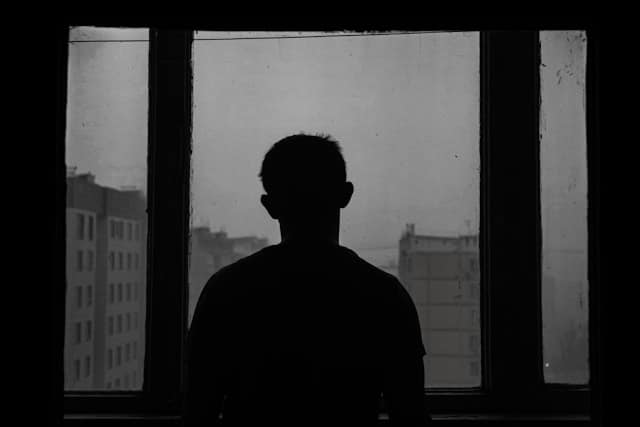Depression often manifests subtly, making it difficult to identify ourselves and others. However, certain words and phrases can serve as indicators of underlying depressive thoughts. By paying attention to these linguistic cues, we can better understand and support those who may be struggling.
1. “Always” and “Never”

Individuals with depression may engage in “all-or-nothing” thinking, frequently using absolutes like “always” and “never.” This pattern reflects a negative and rigid mindset, where they perceive situations as black and white. Such language indicates impaired judgment and reasoning, often associated with depressive states.
2. “I Can’t”

The phrase “I can’t” is commonly used by those experiencing depression, expressing feelings of helplessness and defeat. Tasks that once seemed manageable now appear insurmountable, leading to a pervasive sense of incapability. This mindset can hinder daily functioning and exacerbate depressive symptoms.
3. “It’s All My Fault”

While taking responsibility is healthy, individuals with depression often internalize excessive blame, even for events beyond their control. This self-blame stems from impaired reasoning and judgment, contributing to feelings of guilt and worthlessness. Such negative thought patterns can escalate to dangerous levels if left unaddressed.
4. “I’m Fine”

Despite experiencing significant inner turmoil, many people with depression may respond with “I’m fine” when asked about their well-being. This dismissal often serves as a protective mechanism to avoid stigma or burdening others, masking the true extent of their distress.
5. “I’m Tired”

Chronic fatigue is a common symptom of depression, resulting from the body’s inflammatory response affecting neural pathways. Individuals may frequently express tiredness, reflecting both physical exhaustion and emotional depletion. This persistent fatigue can impact motivation and overall quality of life.
6. “I Want to Be Alone”

Social withdrawal is a hallmark of depression. Those affected may isolate themselves, preferring solitude over social interactions. This behavior stems from reduced brain activity associated with depression, leading to a desire to avoid stimulating experiences. Ironically, engaging in social activities can be beneficial for improving mood.
7. “No One Cares”

Feelings of hopelessness and a perceived lack of support are common in depression. Individuals may express sentiments like “No one cares,” reflecting a sense of isolation and despair. This negative outlook can be pervasive, underscoring the importance of providing empathy and understanding to those struggling.
Recognizing these linguistic patterns can be a crucial step in identifying and supporting individuals with depression. By fostering open communication and offering compassionate support, we can help alleviate the burden of those silently suffering and guide them toward appropriate help and resources.
